More German soldiers arrive in Lithuania to shore up NATO's eastern flank
About 100 German soldiers arrived in Lithuania on Sunday after Berlin vowed to shore up its military presence on NATO's eastern flank in the wake of Russia's military operation in Ukraine.
The armored infantry troops accompanied by about 40 military vehicles were dispatched by ship across the Baltic Sea to help develop what the US-led military alliance calls an "enhanced forward presence."
They departed from the port city of Klaipeda and were slated to make up the command unit of a new brigade, a group generally made up of about 4,000 soldiers, at the Lithuanian military base in Rukla.
According to German media, the European country will lead a combat brigade of 3,000 to 5,000 soldiers for Lithuania, with plans to station weapons, ammunition, and command staff on the ground.
"Our message to our allies here, on the eastern flank, is that we are committed to ensuring security," the brigade's commander Christian Nawrat said.
He noted that the command unit would remain permanently in the Baltic nation, while combat units would join them for exercises.
Arturas Radvilas, a Lithuanian military official, told German media that by establishing the brigade, Germany was the first to take "such an important practical step" in the Baltic region.
Germany, which leads the NATO military alliance's combat group in Lithuania, already has about 1,500 soldiers in the country situated on the eastern shore of the Baltic Sea.
A senior German military official was quoted as saying that the first drills could be held in October.
Estonia, Latvia, and Lithuania, the formerly Soviet-ruled Baltic states that are all now EU and NATO members, have asked for more NATO troops and the creation of brigades in the wake of the Ukraine war.
Russia launched a military operation in Ukraine in late February, following Kiev’s failure to implement the terms of the 2014 Minsk agreements and Moscow’s recognition of the breakaway regions of Donetsk and Luhansk.
At the time, Russian President Vladimir Putin said one of the goals of what he called a “special military operation” was to “de-Nazify” Ukraine.
The military operation, which is now in its seventh month, has inflamed tensions between Moscow and the West, with the latter imposing unprecedented sanctions on the Kremlin and supplying Kiev with multiple shipments of sophisticated weaponry.
NATO has decided to set up four new battle groups in Bulgaria, Hungary, Romania, and Slovakia in the wake of the military operation that has seen Russia making rapid territorial gains across the former Soviet republic.
German Chancellor Olaf Scholz said in June that his country was ready to deploy more troops to Lithuania "towards a robust combat brigade that can operate both as a deterrent and defend against an aggression".
The NATO military alliance has strengthened its eastern flank in recent years, particularly since Russia's annexation of Crimea in 2014.
Protests in Germany against Russia sanctions
Meanwhile, thousands of Russian-speaking protesters on Sunday staged a demonstration in Cologne, the largest city of the German western state of North Rhine-Westphalia (NRW), demanding Germany stop supporting Kiev and drop sanctions against Russia.
A similar protest was held two months ago the capital Berlin when hundreds of people expressed their strong opposition to Germany's involvement in the war in Ukraine by providing military and financial support to Ukraine.
Germany is home to almost 3 million people of Russian ethnic background, who have strongly opposed Berlin's military support to the embattled government in Ukraine and sanctions against Russia.
Reuters news agency reported that the organizers of the protest collected donations for Russian-backed separatist forces in eastern Ukraine's Donbas region.
It comes a week after German Foreign Minister Annalena Baerbock said the war in Ukraine could last for years, vowing Berlin's continued support to Ukraine.
“We need to be prepared for the possibility that the war could last for years,” she was cited as saying by Germany’s Bild am Sonntag in an interview published on Sunday.
Ukraine, she added, may still need to be provided with heavy weaponry next summer.
Iran’s iron and steel exports up 27% y/y in Apr-Dec
Sudan is scene of 'horror and hell': UN rights chief
Scottish leader vows another independence vote if his party wins in May
Israeli forces, settlers burn homes, shut schools in attacks across West Bank
Intelligence Ministry: 300 ringleaders of foreign-backed riots arrested across Iran
Iran begins easing bans on global internet
Pezeshkian: Any attack against Leader ‘full-fledged’ war with Iranian nation
VIDEO | 30 tons per capita: Gaza faces rubble crisis


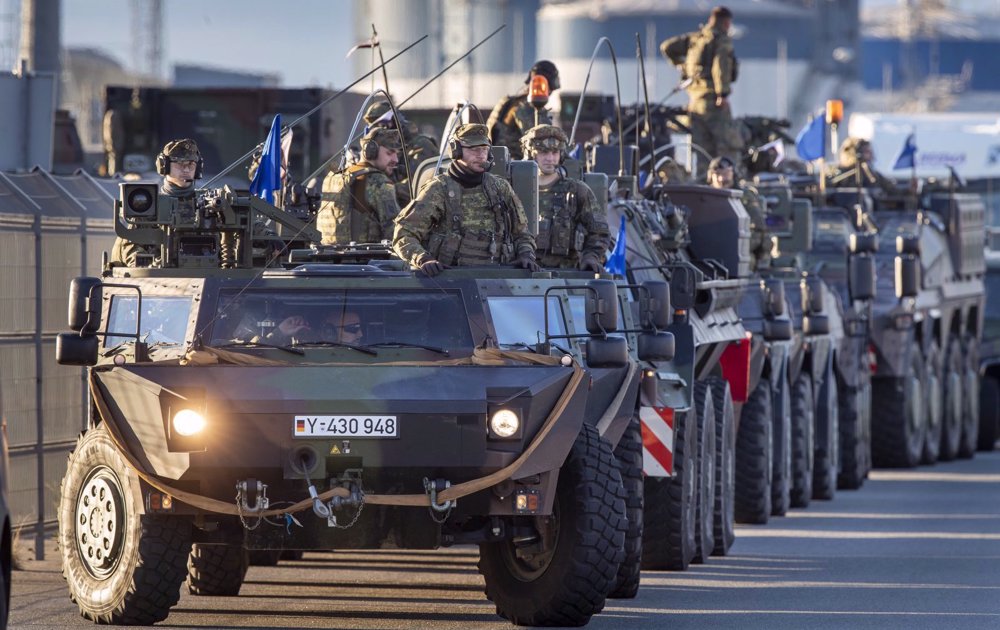
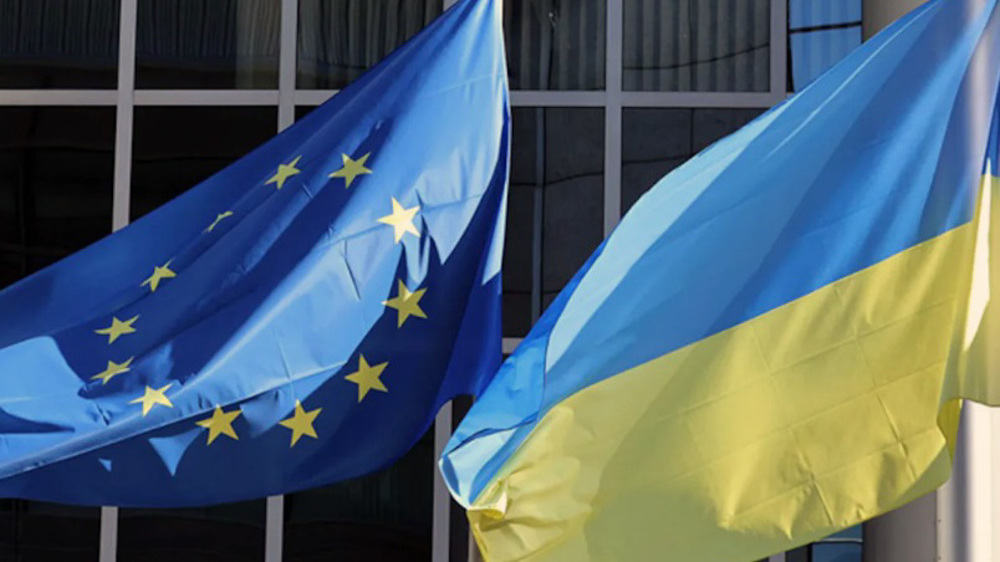
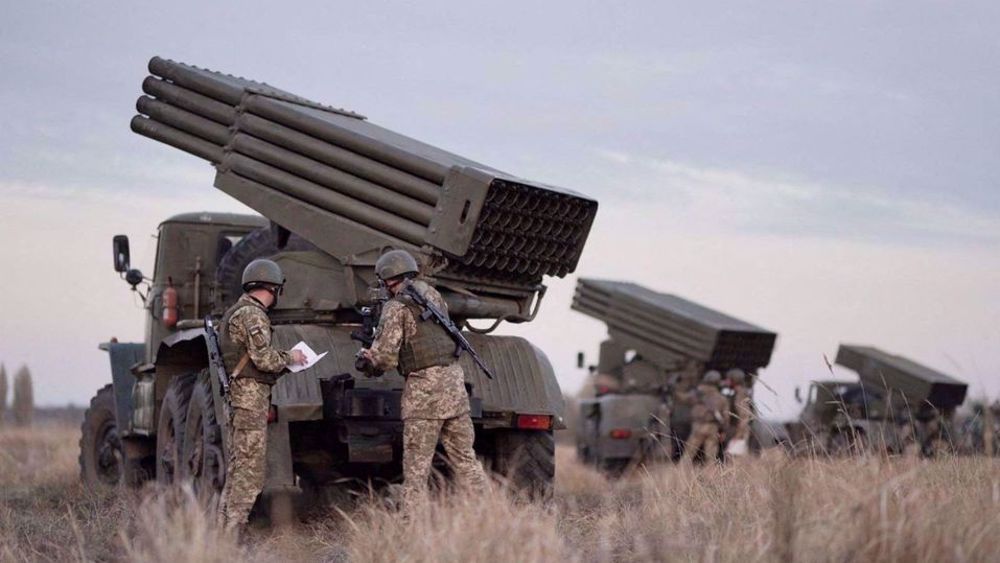
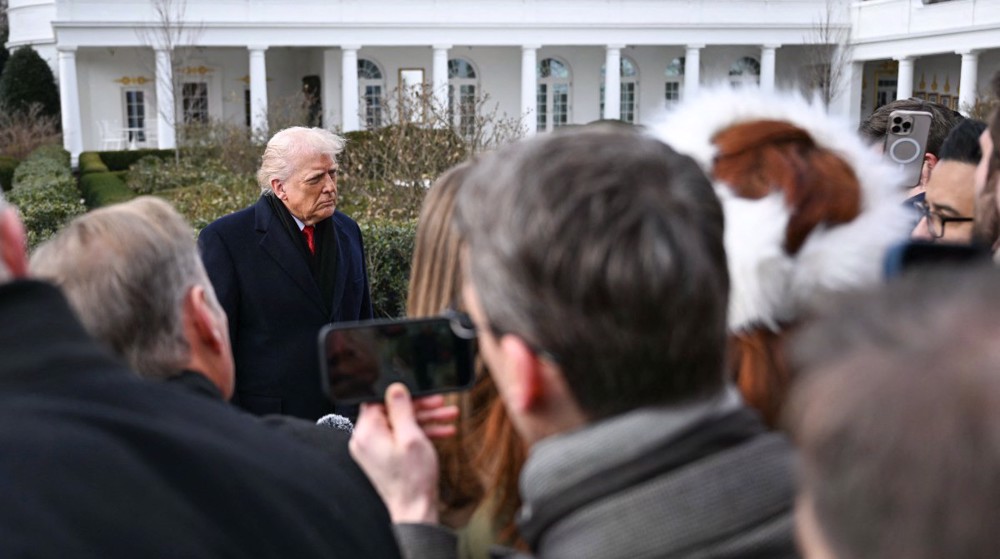
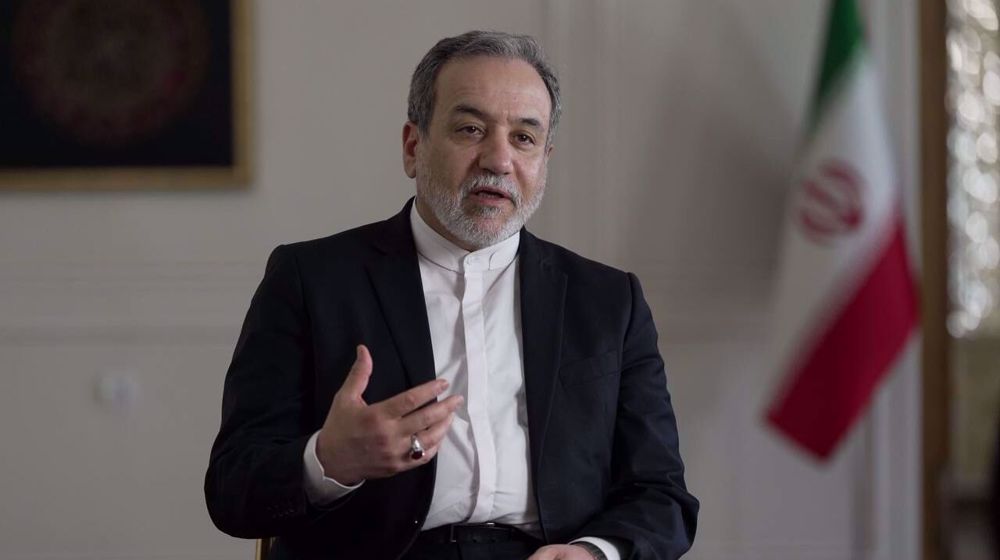
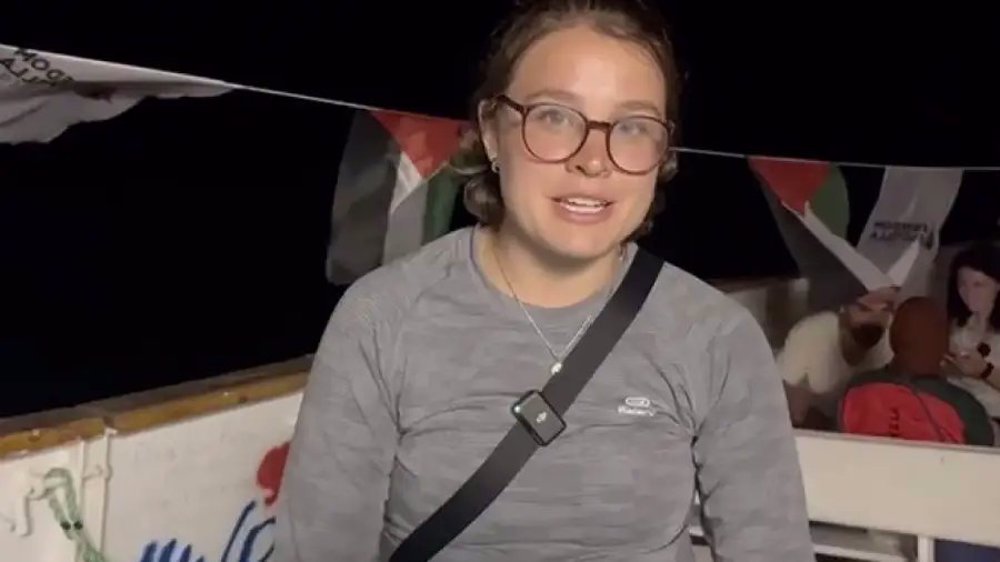



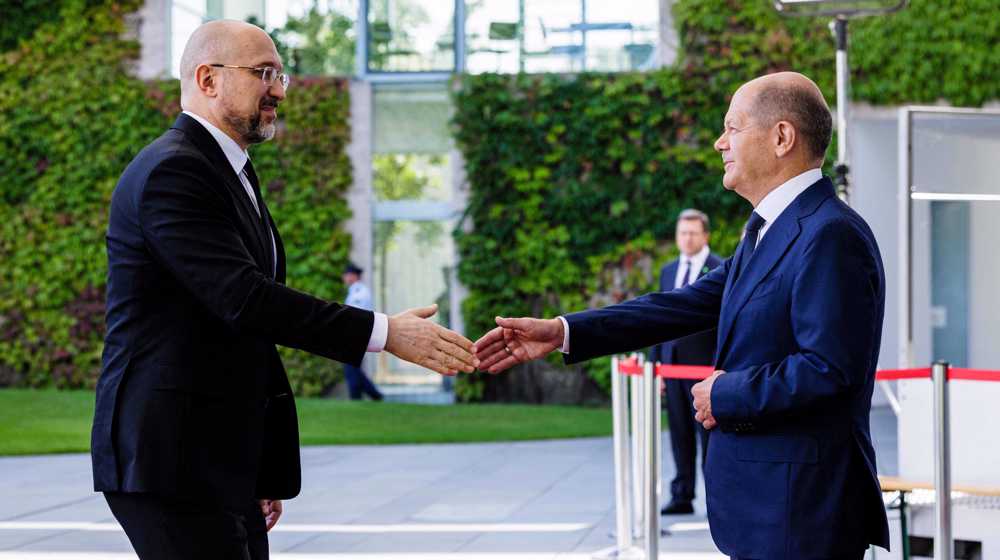
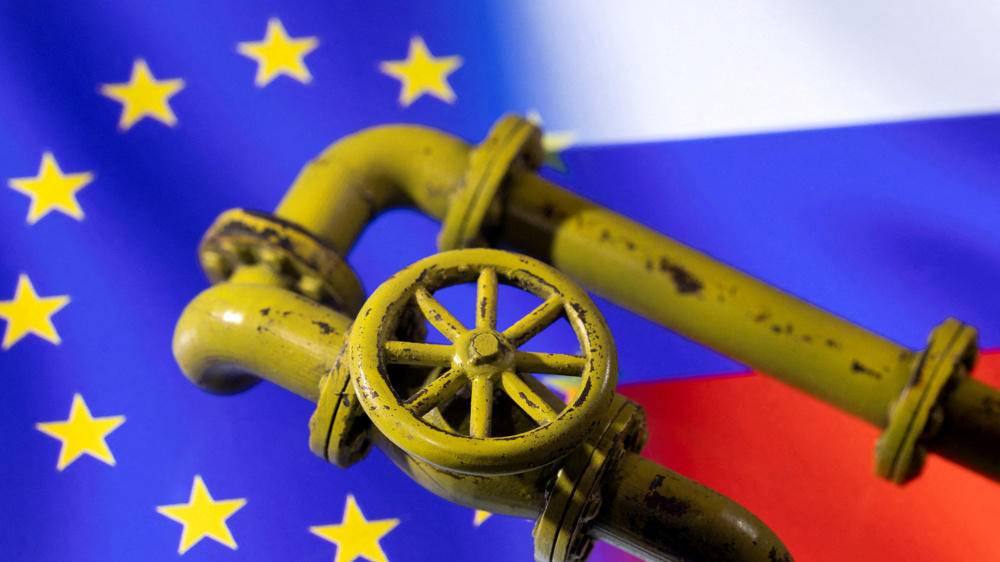
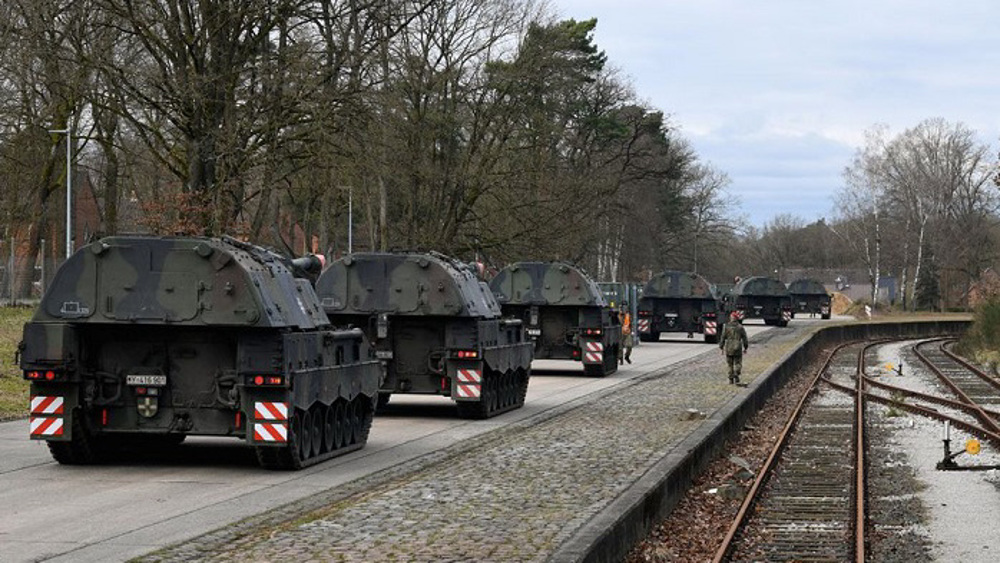
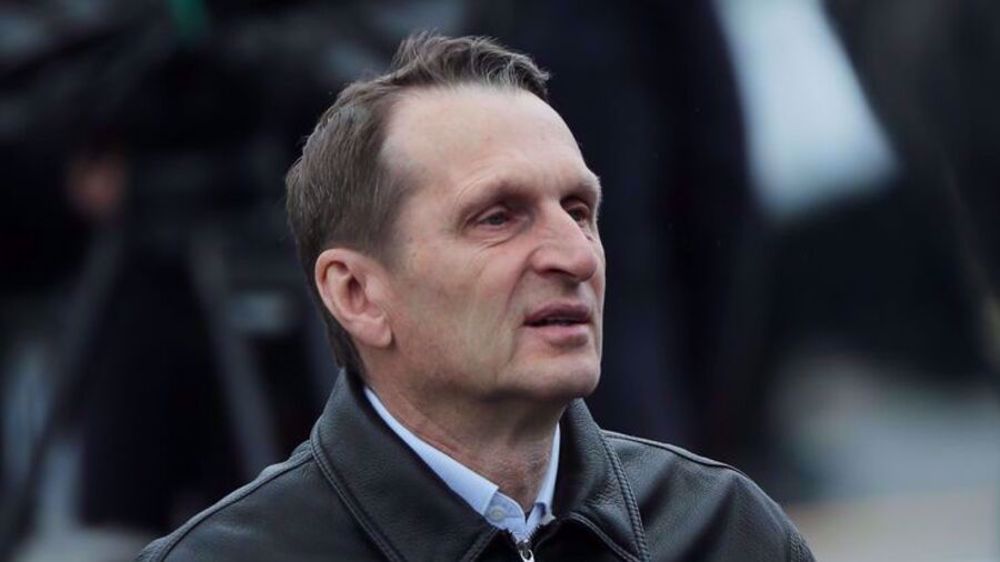
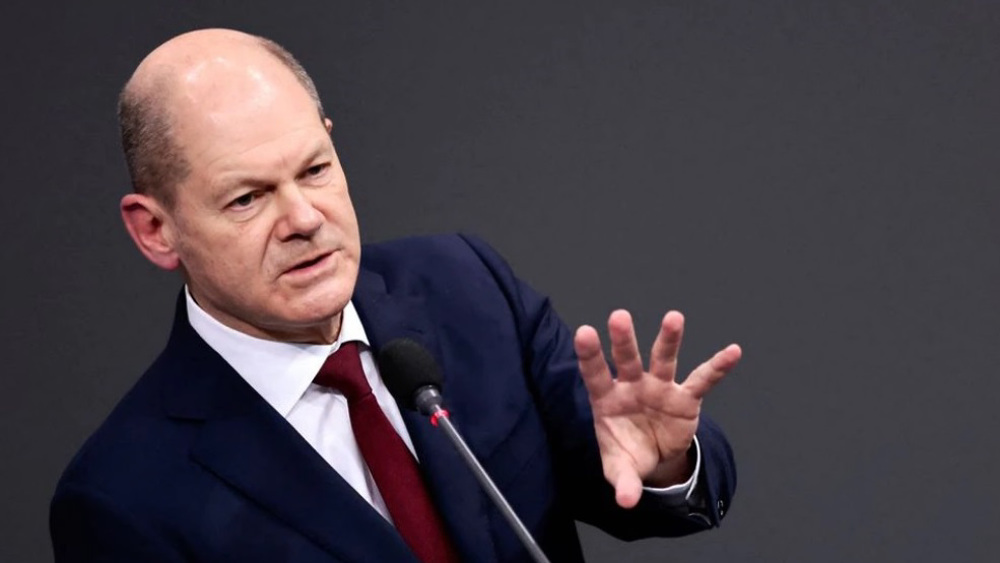

 This makes it easy to access the Press TV website
This makes it easy to access the Press TV website